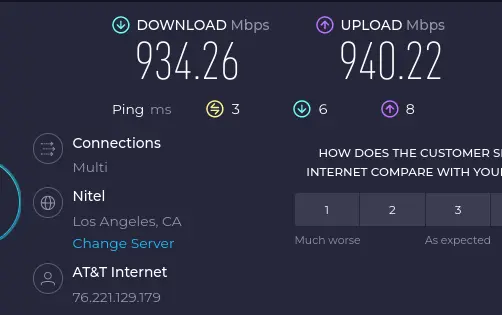this post was submitted on 06 Mar 2024
24 points (74.0% liked)
Piracy: ꜱᴀɪʟ ᴛʜᴇ ʜɪɢʜ ꜱᴇᴀꜱ
65016 readers
36 users here now
⚓ Dedicated to the discussion of digital piracy, including ethical problems and legal advancements.
Rules • Full Version
1. Posts must be related to the discussion of digital piracy
2. Don't request invites, trade, sell, or self-promote
3. Don't request or link to specific pirated titles, including DMs
4. Don't submit low-quality posts, be entitled, or harass others
Loot, Pillage, & Plunder
📜 c/Piracy Wiki (Community Edition):
🏴☠️ Other communities
FUCK ADOBE!
Torrenting/P2P:
- !seedboxes@lemmy.dbzer0.com
- !trackers@lemmy.dbzer0.com
- !qbittorrent@lemmy.dbzer0.com
- !libretorrent@lemmy.dbzer0.com
- !soulseek@lemmy.dbzer0.com
Gaming:
- !steamdeckpirates@lemmy.dbzer0.com
- !newyuzupiracy@lemmy.dbzer0.com
- !switchpirates@lemmy.dbzer0.com
- !3dspiracy@lemmy.dbzer0.com
- !retropirates@lemmy.dbzer0.com
💰 Please help cover server costs.
 |
 |
|---|---|
| Ko-fi | Liberapay |
founded 2 years ago
MODERATORS
you are viewing a single comment's thread
view the rest of the comments
view the rest of the comments


Looks like they are using OpenVPN and Wireguard, both static protocols that can be easily detected from your ISP.
Try a provider that offers a proprietary protocol - Astrill and ExpressVPN have their own, for example - or use a shadowsocks service instead.
And try playing around with different servers as well, I get great speeds going through Switzerland and Sweden with my VPN.
Thank you for the info. I'll try your suggestions.
How tested are the proprietary protocols for data safety?
Nobody knows, externally. That's the thing about proprietary stuff.
Personally I think they are using a modified open standard and just add an obfuscating layer to the client-server-handshake, but that's speculation on my end.